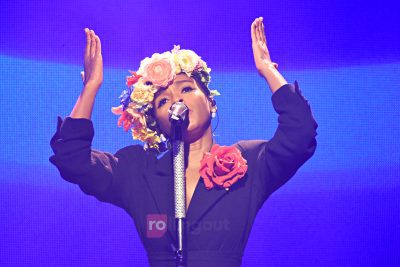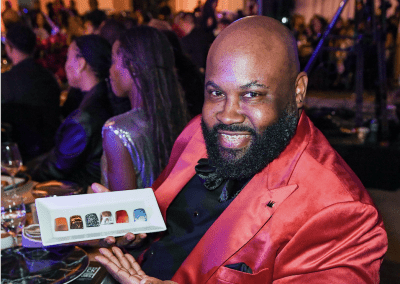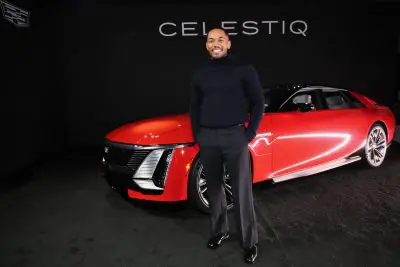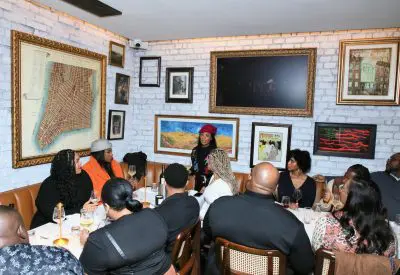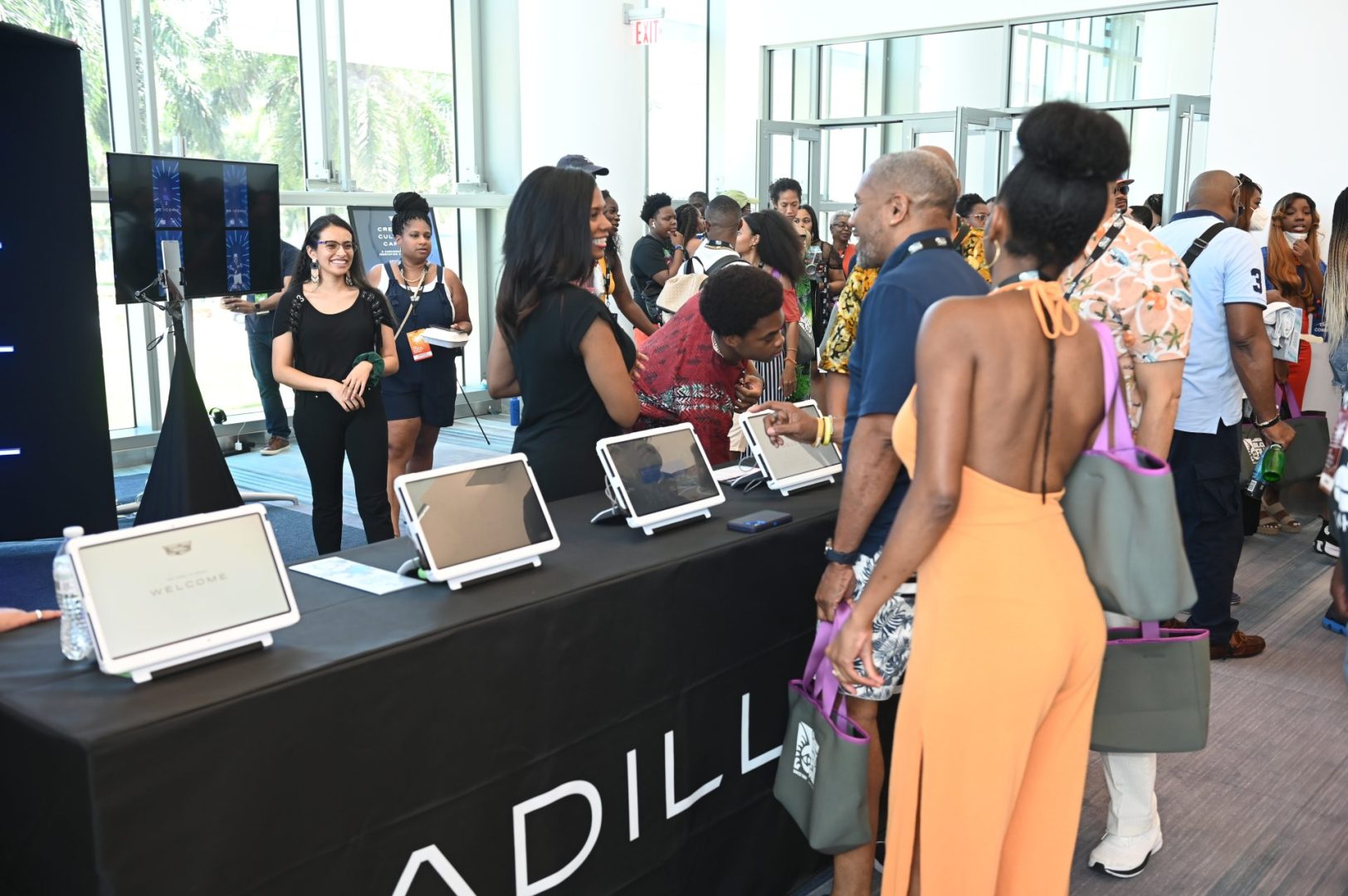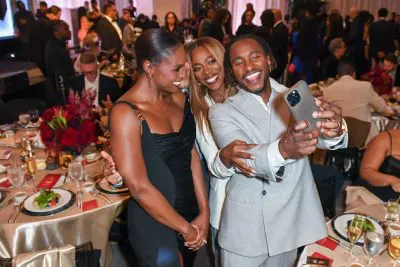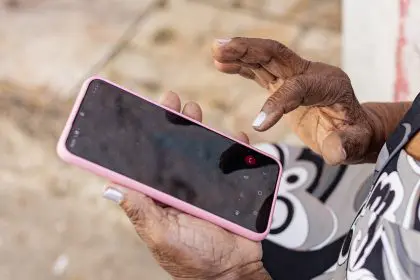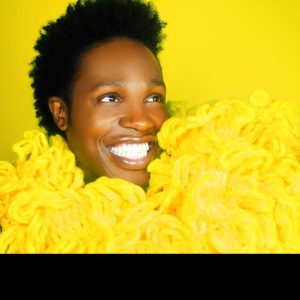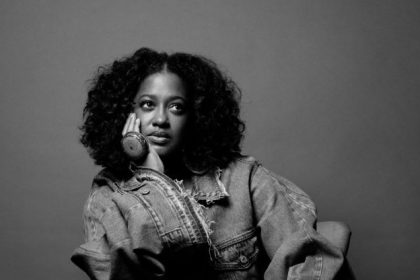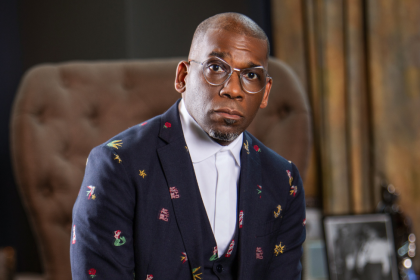
So what do you get when you combine a spirit brand with social justice, stir, and garnish with a jazz and hip-hop twist? The answer is all in the title of the documentary, An Unexpected History: The Story of Hennessy and African Americans. Screened in New York City on June 12 as part of the American Black Film Festival, the film looks at Hennessy’s unique connection to the African American community. Going well beyond the contemporary references of Hennessy in hip-hop music, audiences will be enlightened on the brand’s support of numerous African American organizations beginning in the 19th century.
The film arrives during a year marking the 250th anniversary of Hennessy and to reflect on the company’s numerous milestones, we chatted with Rodney Williams, Hennessy’s executive vice president. Check out his thoughts on everything from Hennessy’s early support of the NAACP, acknowledging the buying power of African Americans by advertising in Ebony and JET in the early 1950s, opening the doors for greater corporate diversity, and how celebrities such as Erykah Badu and Nas have helped carry forth the brand’s legacy for a new generation.
On Hennessy’s long-standing support of African-American social justice initiatives dating back to 1896 as one of the founders of what would become the National Urban League, providing sponsorship for the Tuskegee Institute, and in 1909 serving as the NAACP’s first corporate sponsor:
“Looking back, there was a real struggle for African Americans to be respected as consumers, employees and fully enfranchised members of society. William Jay Schieffelin, who was the president of the company at that time, was inspired by Booker T. Washington to address that and he became really active in the support of the Tuskegee Institute. Today African Americans still face a real struggle for economic and social inclusion and Hennessy has tried to continue this process of working toward and supporting positive change. We support community and civic organizations from the NAACP and the Thurgood Marshall College Fund to more local initiatives that really help bring resources together for community development.”
On becoming the first spirit to advertise in EBONY magazine (1951) and JET magazine (1953):
“It made a statement about the importance of African-Americans as consumers and as a group that needed to be respected and spoken to directly. It was one of those milestones of inclusion that Hennessy was able to forge. We are always trying to find ways to have an impact and do it in a way that is consistent with these values of including everybody.”
On ensuring diversity at the executive level with the promotion of famed Olympian, Herb Douglas to vice president (1968), one of the first African American VPs in corporate America:
“In the film Herb and Noel Hankin (former senior VP multicultural relations) illustrate the struggles people of color had being included in corporate America. Herb refers to the fact that he stood on the shoulders of Olympics track star, Jesse Owens. In a way the African-American VPs that came after Herb, including myself, stand on his shoulders. So there is very much a continuation of opening doors for more people to come through.”

On the brand’s successful campaign, “Wild Rabbit” which launched in 2012 and has featured accomplished African-American recording artists including Erykah Badu and Nas:
“When we launched this campaign we didn’t want commercials of people at a party dancing and clinking glasses. We began to tell stories that are designed to motivate and empower people. This put us on a trajectory different than other competing brands. The whole message behind the campaign is to encourage people to pursue the limits of their potential and to ‘never stop, never settle.’ The folks we have used and collaborated with are people who embody that. If you look at someone like Nas it is not just that he mastered hip-hop and became what some regard as the best lyricist of all-time, but he also has branched out in many directions and is pushing his level of mastery to new and different areas. Going forward we will continue to work hard to find ways to remain relevant that are authentic and really speaks to communities in meaningful ways.”
****
The weekly column, On the “A” w/Souleo, covers the intersection of the arts, culture entertainment and philanthropy in Harlem and beyond and is written by Souleo, founder and president of event/media content production company, Souleo Enterprises, LLC.


